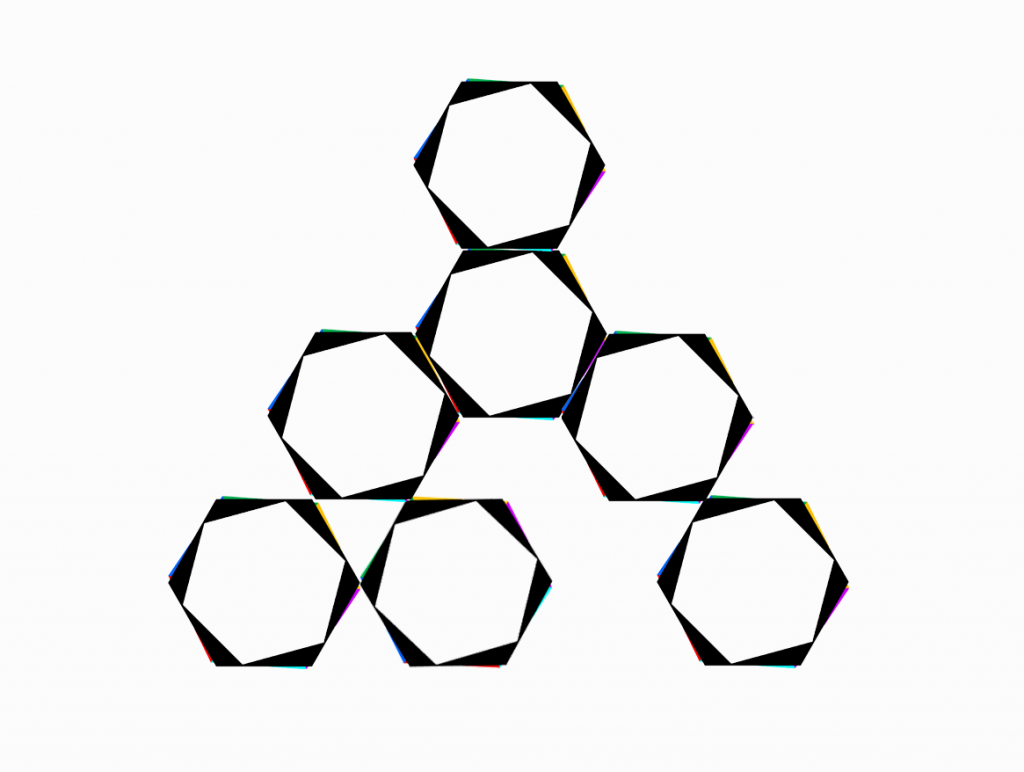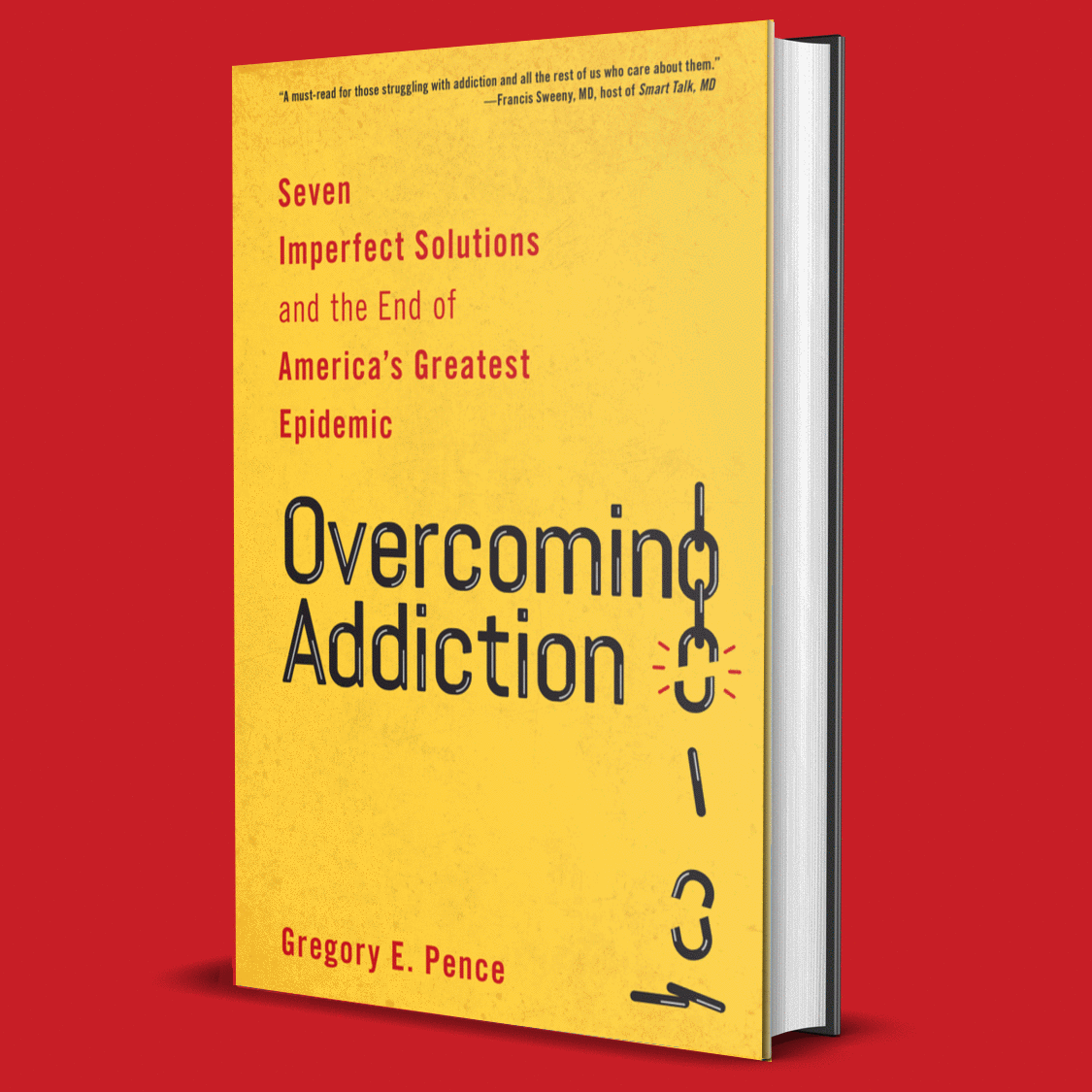Mini-Heap
The latest links…

- The pandemic has given us a set of “natural experiments” in approaches to public health — an interview with Jennifer Prah Ruger, director of the Health Equity and Policy Lab at the University of Pennsylvania, in The New Yorker
- “Wondering how cleaning became a preferred form of procrastination” — pandemic-prompted self-isolation or graduate school? A list.
- “Many of us feel ashamed at now having so little to contribute to the public good, especially if we were educated (as I was) entirely at the public expense” — Les Green (Oxford) tries to understand academics’ unwillingness to sacrifice work in order to help others
- Terms of art — in a new series at Aesthetics for Birds, Alex King (Buffalo) provides short definitions of words/concepts in aesthetics and philosophy of art
- “The self-help approach to impostor syndrome is fundamentally misguided, for several interlocking reasons” — Katherine Hawley (St. Andrews) on how our collective practices and professional environment contribute to the problem
- Shakira is taking an ancient philosophy course at the University of Pennsylvania — one of “a number of abnormal events” prompted by the pandemic
- A ranking of countries in terms of academic freedom — by a team that believes that “academic freedom must be resurrected as a key criterion for academic reputation and quality”
Mini-Heap posts appear when 7 or so new items accumulate in the Heap of Links, the ever-growing collection of items from around the web that may be of interest to philosophers. Discussion welcome.
The Heap of Links consists partly of suggestions from readers; if you find something online that you think would be of interest to the philosophical community, please send it in for consideration for the Heap. Thanks!



I am not confident of what might be of interest to the philosophical community, but I would guess that at least some philosophers, professional or not, and those in training hoping to someday identify as same, might find this compilation of interest (if the preview function is not yet working, one can download the pdf version): https://www.academia.edu/42565799/Diseases_Epidemics_and_Pandemics_Basic_Reading
The “academic freedom ranking” piece was good and useful, but I wish that, in addition to political intervention into academic contexts, they would have at least considered bureaucratic intervention. In practice, this can be very bad, too, with strong practical limits on how classes are taught, what type of assessments are given, where people publish, and so on, made not by people with actual expertise, but by university or higher bureaucrats who often lack such skill. (When moving to Australia from the US, I was shocked to see the degree that university bureaucrats have control over things that would be considered pretty clearly core matters of academic freedom in most universities in the US, for example.) For many of us, this is likely to be a bigger problem than direct political intervention.